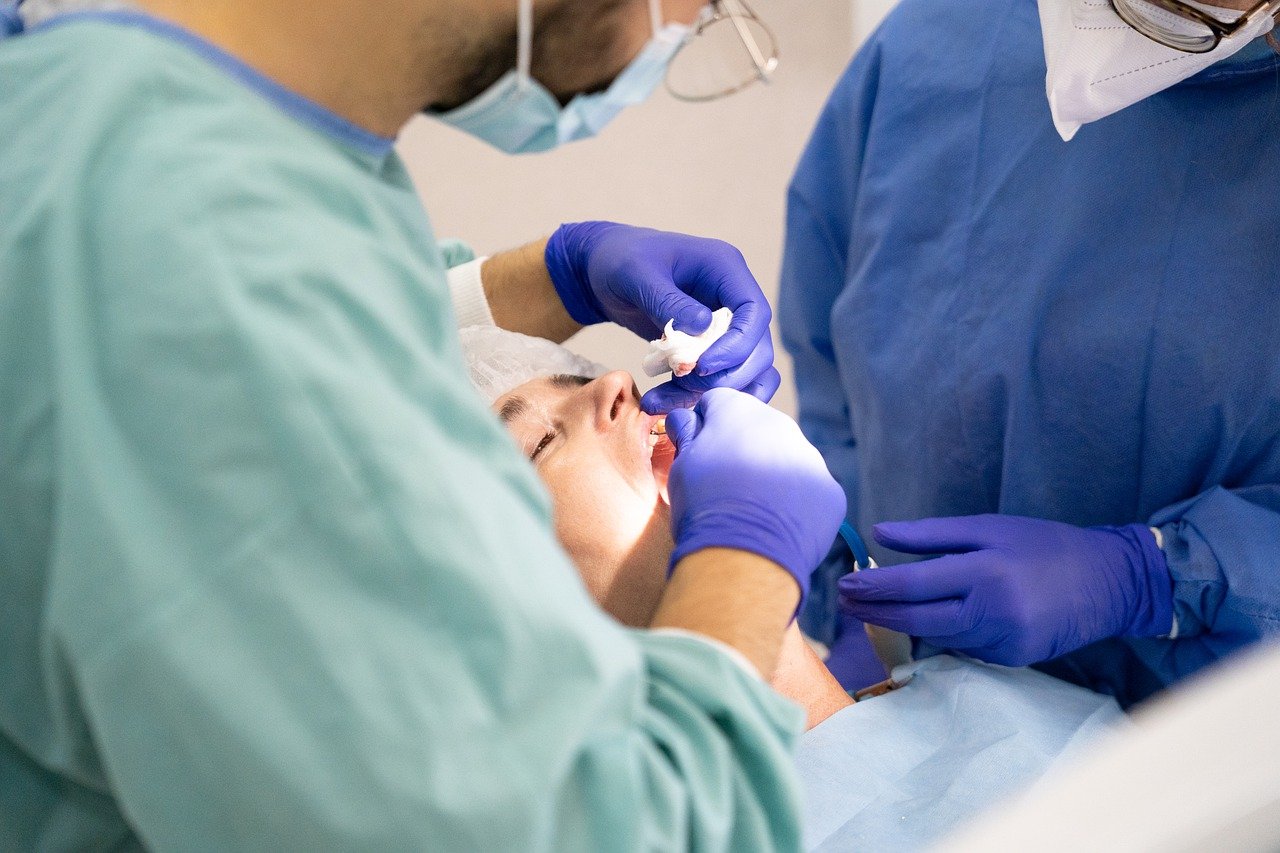Good oral care is essential in maintaining healthy gums, teeth, and tongues. Dental problems such as tooth decay, bad breath, cold sores, dry mouth, TMD, etc., can be treated with proper oral care and diagnosis.
Oral diseases have been causing a great burden for several countries and have affected people from different generations, causing discomfort, pain, and disfigurement. It is estimated that nearly 3.5 billion people have been affected by oral diseases.
The following are some tips that can help you in protecting your oral health.
Brushing Techniques
Having clean teeth is important for oral health. The area between your teeth and gums should be kept clean all the time to prevent gum disease. Also, make sure that your tooth surfaces are clean to help you ward off cavities and gum disease. Practice the brushing basics below:
Utilise the Right Equipment
A soft-bristled toothbrush and fluoride toothpaste are the best equipment to use in brushing your teeth. Make sure that your toothbrush fits on your mouth properly. You could also consider using an electric toothbrush which can help in reducing plaque and gum disease. Electric toothbrushes are also helpful for arthritis or other problems that prevent them from brushing effectively.
Brush Your Teeth Twice a Day
Don't be in a hurry when you brush your teeth. It should take about two minutes to do the job completely. Also, avoid brushing your teeth right after eating, especially if you consume soda, grapefruit, or other acidic things.
Keep your tongue always clean by using a tongue scraper or a toothbrush. You should brush the inside and outside parts of your teeth.
Practice Proper Technique
While holding your toothbrush, tilt it a bit, so the bristles face the area where your teeth meet your gums. Then, brush gently in a circular motion going back and forth. Avoid using hard bristles or brushing too hard since it can hurt your gums.
Replace Your Toothbrush When Necessary
Purchase a new toothbrush or buy a new head for your electric toothbrush every three months. You could also replace them sooner if the bristles are already damaged.
Keep Your Toothbrush Clean
After brushing, be sure to clean your toothbrush with water. Then, always store it upright to air-dry your toothbrush until the next time you use it.
Isolate Your Toothbrush
Always separate your toothbrush from other toothbrushes to avoid cross-contamination. Also, avoid covering or storing them in closed containers to prevent the development of bacteria, yeast, and mould.
Flossing Techniques
Generally, it is hard to reach the bacteria in tight areas such as under the gum line and between your teeth with your toothbrush. That is why you must floss daily for excellent oral care. When flossing, try to practice the following techniques.
Be Gentle
Use a rubbing motion in flossing between your teeth. Avoid snapping the floss into your gums. Once the floss touches your gum line, bend the floss against one tooth, forming a c shape.
Don't Skimp
Cut at least 18 inches of dental floss. Wrap most of it around your middle finger while the rest around the middle finger of your other hand. Tightly grip the floss between your thumbs and forefingers.
Do It One Tooth at a Time
Gently glide the floss between your tooth and gums. Next, slowly rub the floss on the side of your tooth in an upward and downward motion. Release the floss as you progress to the rest of your teeth.
Other Alternatives
If you have difficulty using dental floss, you can use an interdental cleaner such as tiny brushes, a pre-threaded flosser, a water flosser, and a dental pick.
Rank your article on Fitness Write for us category by submitting a unique guest post at Grass Desk.
Also Read: Top 10 Sites Accepting Guest Posts For The Fitness Write For Us Category
